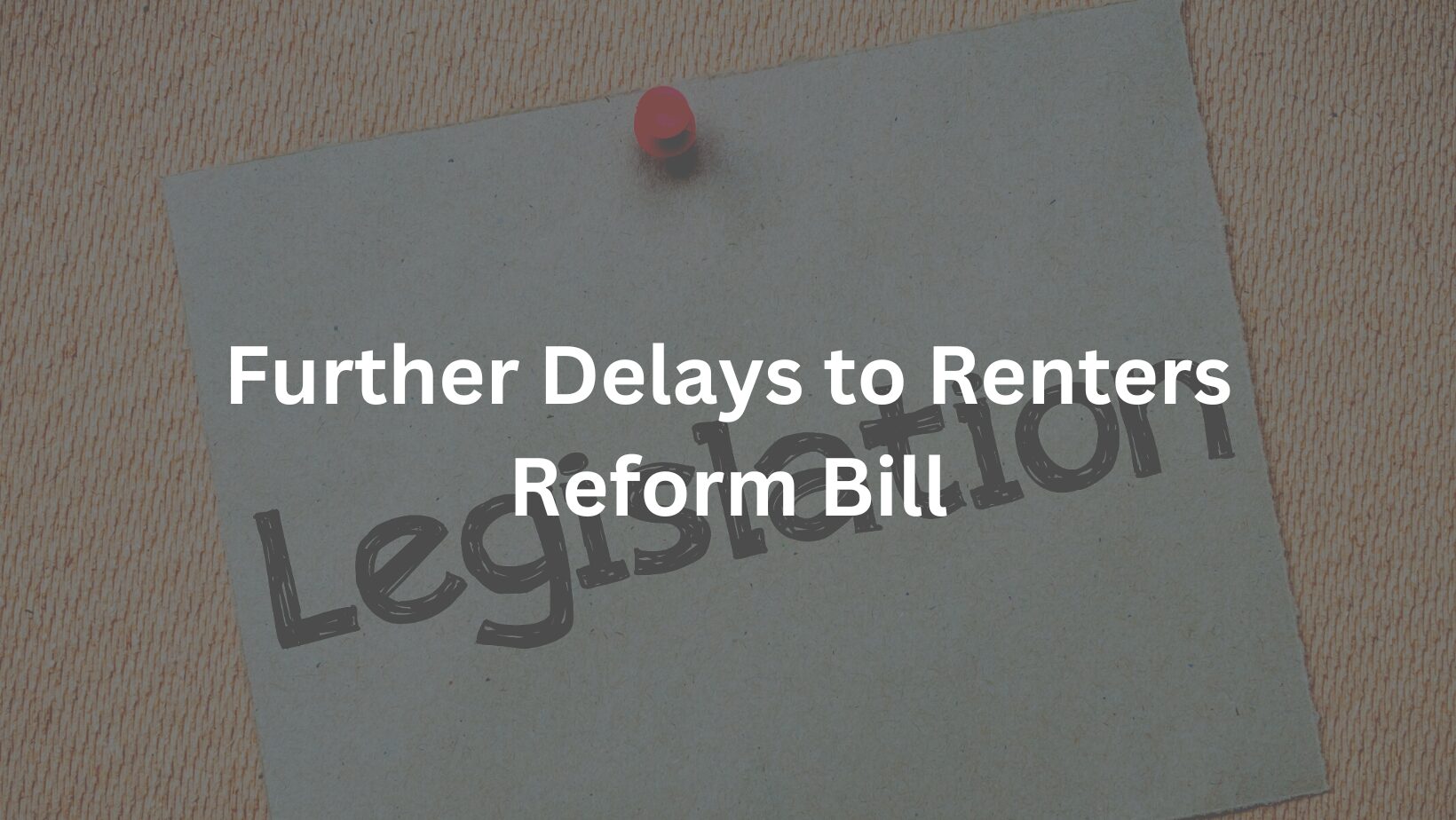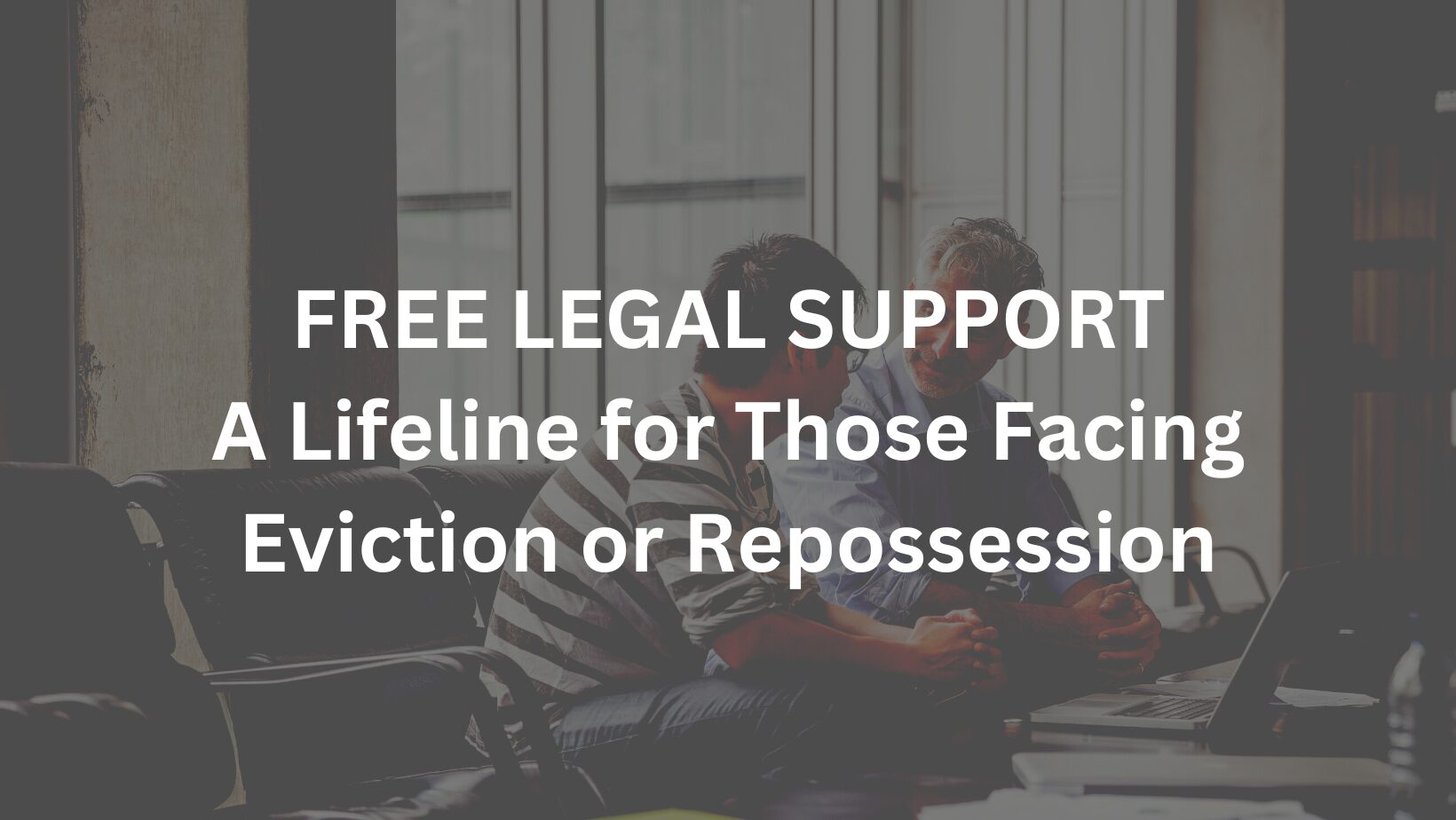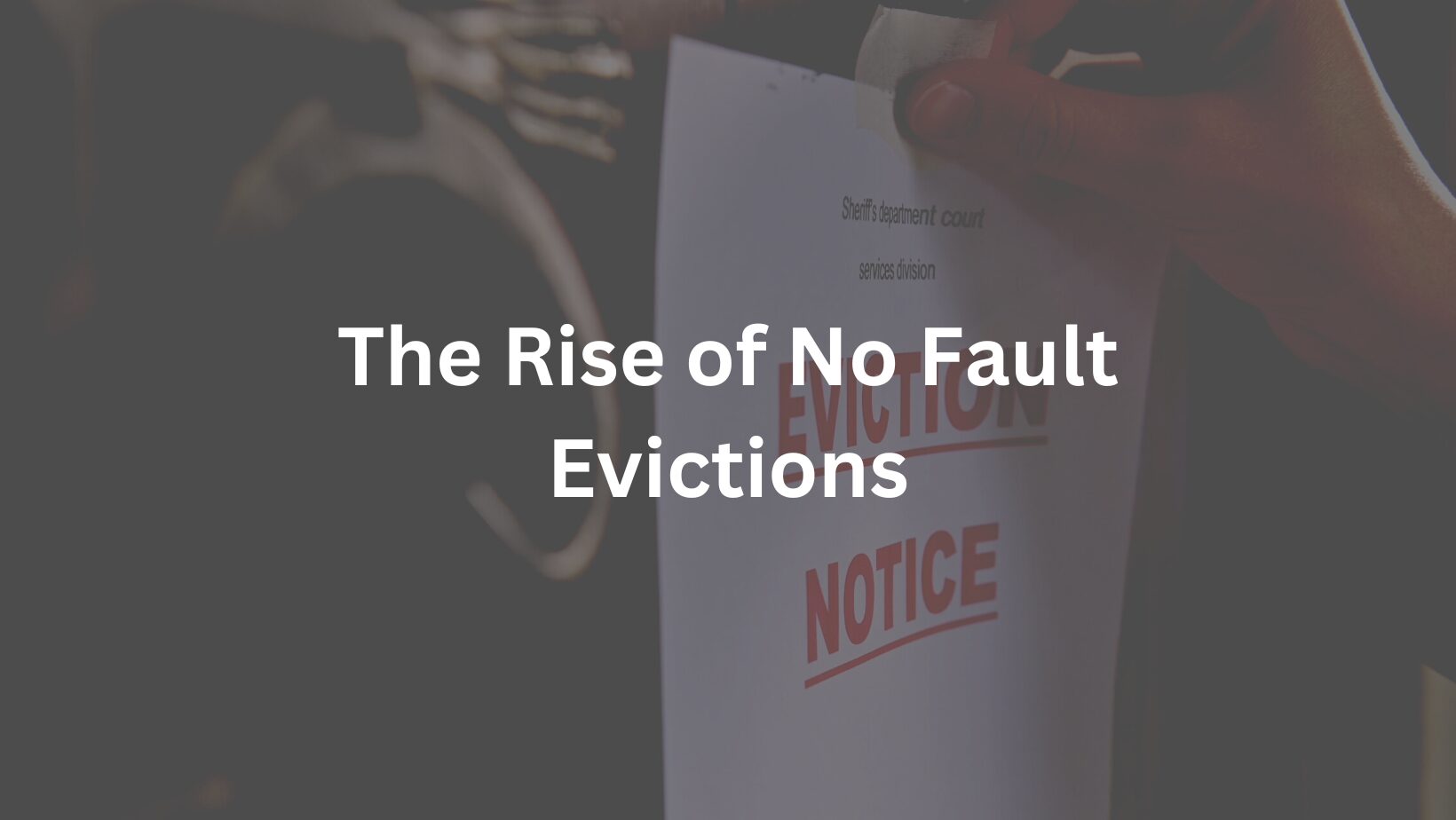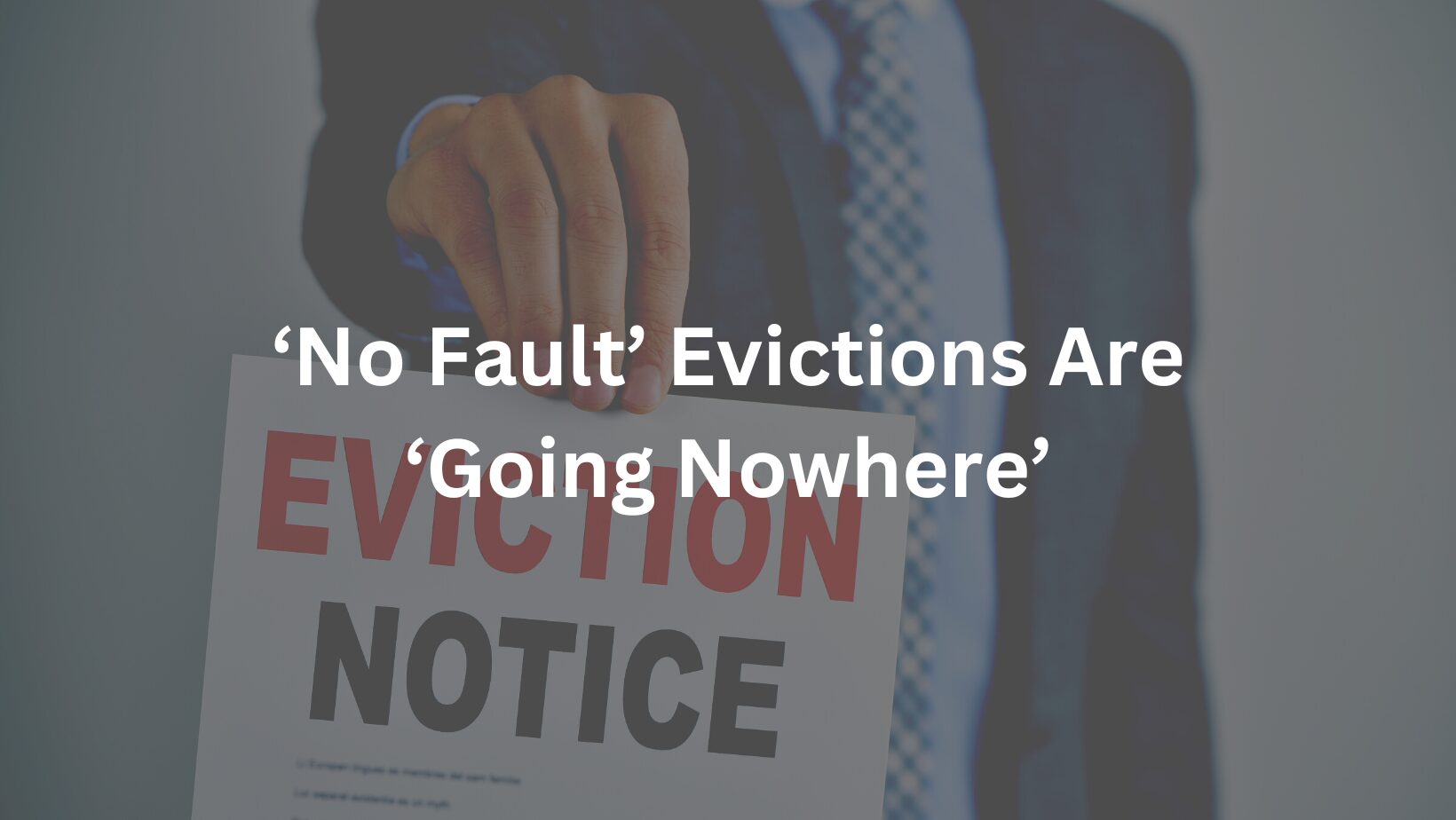
The rules and regulations regarding enforcement have been as clear as mud at times, throughout the coronavirus pandemic, but we’ve tried to keep you abreast of the changes as and when they’ve been brought in.
Whilst we’re all feeling fatigued and fed up with the latest lockdown and the uncertainties we all face right now, it’s still vitally important to stay up to speed and up to date, so here we go again…
From 17th November, here’s how it’s all looking out there:
Residential tenancies (protection from eviction)
· Our #TeamCES Enforcement Agents may not carry out residential evictions or serve notice of eviction unless the order for possession is made:
· Against trespassers pursuant to a claim to which rule 55.6 (service of claims against trespassers) of the Civil Procedure Rules 1998(2) applies
· Wholly or partly under section 84A (absolute ground for possession for anti-social behaviour) of the Housing Act 1985
· Wholly or partly on ground 2, 2A or 5 of schedule 2 of the Housing Act 1988
· Wholly or partly on ground 7 of schedule 2 of the Housing Act 1988 – the enforcement agent must take reasonable steps to ensure the residential premises are empty before serving notice or enforcing the writ/warrant of possession
· Wholly or partly on ground 7A, 14, 14A or 17 of schedule 2 of the Housing Act 1985
· Wholly or partly on case 2 of schedule 15 of the Rent Act 1977
· Where there are substantial rent arrears
Substantial Rent Arrears
The statutory instrument has specified the circumstances under which landlords may evict tenants when there are substantial rent arrears.
· There must be arrears equivalent to at least nine months’ rent outstanding at the date on which the order for possession is granted
· The arrears must have accrued before 23rd March 2020. Any unpaid rent arrears accrued after 23rd March 2020 must be disregarded
Taking Control of Goods
Enforcement visits are permitted during the national lockdown, provided that enforcement agents adhere to the Covid-secure guidance. Regulation 3 in this statutory instrument states that they may not enter residential premises to take control of goods.
So, there you have it. The latest ins and outs of what we can and can’t do on behalf of our clients.
One thing’s for sure, whilst our hands are still tied, the knot is loosening, and there are an increasing number of exceptions to the rules, meaning that we can at least resume some kind of activity.
Why are we so keen to get back to normal?
Because our hardworking, tax paying clients have families to feed and bills to pay of their own.
We play a vital role in helping the economy to rumble on, and therefore feel we have a vital role to play in getting it going again.
As ever, we’ll keep you posted on any further changes, as and when they happen.








